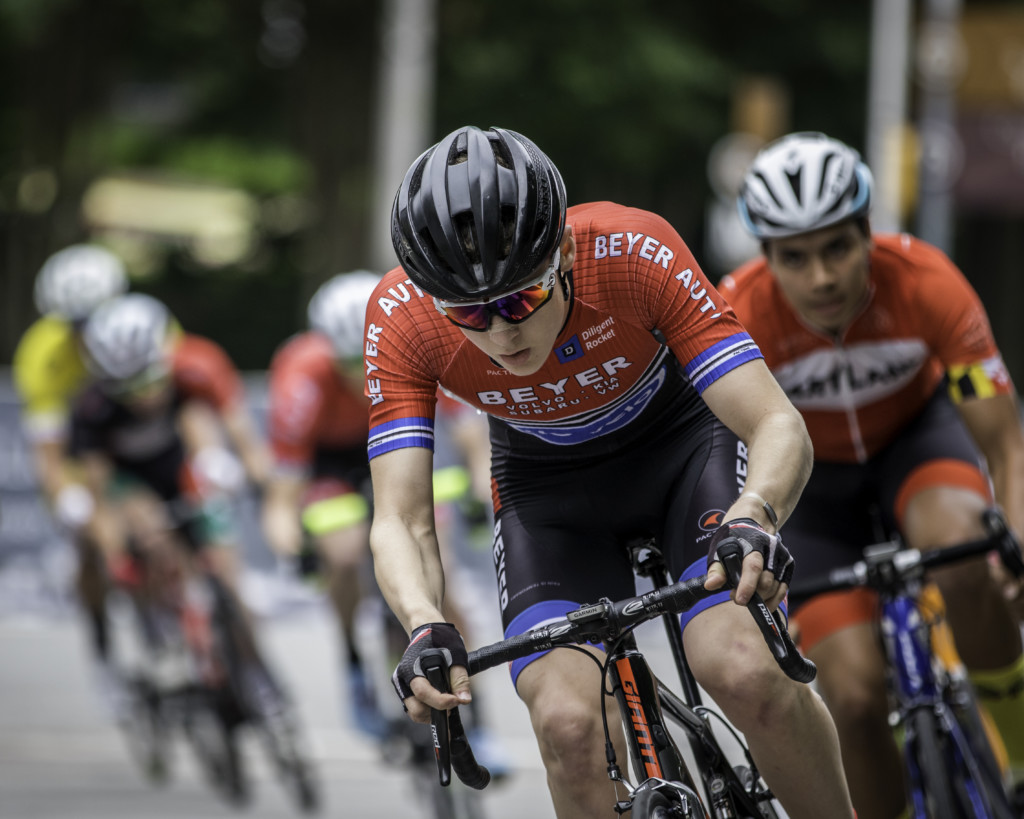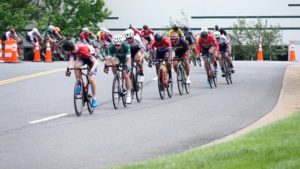For eight years, junior Iain MacKeith has competed as a road cyclist and races in national competitions across the country. He is currently a part of the team DC Velo.
MacKeith said he has wanted to compete as a road cyclist before he was able to ride a bike. Today he has competed in local and national races and even placed as high as second in a national competition.
“I started [racing] as young as I could,” MacKeith said. “In fact, I wanted to race before I could, and so I had to wait […] a year before I could start racing, just because there’s some weird rules and such. I started out racing competitively on a national scale within my first two years, and so I went to nationals my second season.”
MacKeith said his initial interest in cycling was born during a family picnic, where he saw a bike racing competition.
“There was a local race going on, and when I saw it, I said right away ‘I need to do this,’” MacKeith said. “I don’t even know what clicked but it was just seeing the race that made me say, ‘Oh, that’s just so cool’, and I just need to be able to race.”
Cycling races place cyclists into a ranking system, in which they fall into a category from one to five. Five is the most amateur rank and one is the highest rank besides professional level cyclists at competitions.
“As juniors, we can race in men’s races,” MacKeith said. “So we can race Category 3 races against all the other Category 3 riders in our area [regardless of age]. I spend most of my time racing in Category 1, 2 and 3 races with the adult team that I’m with.”
DC Velo, a cycling team in D.C., invited MacKeith to join their junior development team last year. He is still on the team with five other juniors.
“Although [the junior development team] does try to race as a team, [DC Velo] has a much stronger team group in the 1, 2 and 3 fields, so they are really focused on their elite team,” MacKeith said.
A road cyclist’s season spans from February to September. “I’m training year-round, and I usually only take a few weeks off during winter break,” MacKeith said. “My training is almost every day, and [it involves] weights and core workouts so I can build strength in other ways.”
MacKeith, an IB diploma candidate, said he must balance his practice and competition schedule with his academic responsibilities.
“Races are almost always Saturdays and Sundays, and the amount of races fluctuates,” MacKeith said. “For a good few months, we almost had a race every Saturday and every Sunday.”
Compared to other high-level junior cyclists, some of whom switch to homeschool so they can dedicate more time to practice, MacKeith said he is less equipped to perform as well as them.
“[Being an IB diploma candidate], I’m honestly starting to realize I can’t compete,” MacKeith said. “I’ve always been competitive […] but most of the kids that are at the top of the age range [are] taking it so seriously that they don’t have the IB diploma, they don’t really have work so they can be training so much more.”
Though his team has more opportunities to perfect their craft than he does, MacKeith said it is important not to overdo it.
“At the end of my eighth grade year and into freshman year I was riding to school, but I found it was actually hurting my training,” MacKeith said. “It was another factor causing more fatigue in my cycling.”
2019-03-18


